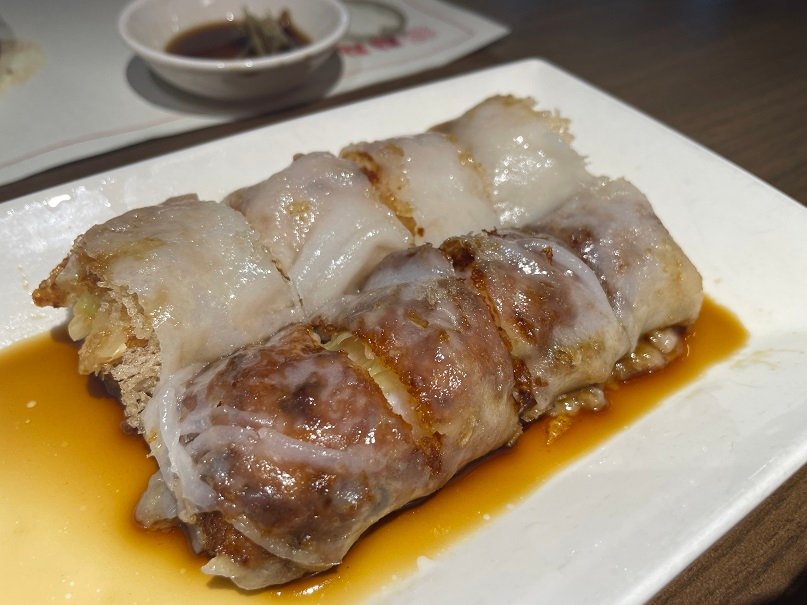Korean Doenjang Soup Recipe
Hello, lovely readers!
As someone in her mid-40s on a journey toward better health, I’ve found myself spending more time in the kitchen than ever before. Not just to lose weight, but to nourish my body with intention—especially as I prepare for the changes that come with menopause.
And let me tell you, I never thought I’d get this excited about doenjang—Korean fermented soybean paste! I used to take it for granted, just something my mom used in soups. But now, I see it differently. With each bowl of warm, comforting Doenjang Soup, I feel like I’m giving my body the love and care it truly needs.
Today, I want to share a special recipe that’s become a staple in my weekly meal prep: Tofu & Zucchini Doenjang Soup. It’s light, satisfying, and packed with nutrients that support hormone balance, digestion, and metabolism.
Think of this post as something your big sister might say over a cup of tea: “Hey, this really helped me feel better. I think you’d love it, too.”
My Favorite Menopause Friendly Doenjang Soup
Here’s a simple recipe I now make at least twice a week. It’s especially great for anyone watching their weight while making sure they stay nourished.
Ingredients:

- 4 cups water or homemade anchovy-kelp broth
- 2 tablespoons traditional Korean doenjang (fermented soybean paste)
- 1 cup firm tofu, cubed
- ½ onion, thinly sliced
- 2 cloves garlic, minced
- 1 cup zucchini, small cubes
- 1 cup potato, small cubes
- Chopped scallions for garnish
- Optional: chili flakes, mushrooms, or a spoon of gochujang

Instructions:
- Bring the water or broth to a gentle boil in a medium pot.
- Add the doenjang: Place it in a strainer, dip it into the boiling water, and stir to dissolve evenly into the broth.
- Toss in the veggies: Start with garlic, onion, pumpkin, and zucchini. Let it simmer for about 10 minutes.
- Add the tofu and any greens you’re using. Simmer another 5 minutes until everything is tender.
- Drizzle with sesame oil and top with scallions. Optional chili flakes if you want a kick.
That’s it! Serve with a bowl of brown rice or enjoy on its own.
Why I Love This Soup (and You Might Too)
This isn’t just about eating clean. It’s about building a better relationship with food. I used to see meals as something to restrict or control. Now, I see them as a chance to support my body with love, care, and tradition.
Doenjang soup helps me:
- Feel full without overeating
- Support my digestion naturally
- Manage hormonal changes gently
- Get more mindful in my cooking
Making this soup is like telling my body, “I’ve got your back.”
Why Doenjang Is a Secret Superfood—Especially for Midlife Wellness
Doenjang, the traditional Korean fermented soybean paste, is more than just a flavor enhancer for soups and stews. It turns out, this humble pantry staple is a nutritional powerhouse that supports gut health, hormonal balance, and metabolic wellness—especially valuable during midlife and menopause.
Here’s what I’ve learned (and truly wish I had known sooner!):
1. A Natural Source of Probiotics
Doenjang is rich in beneficial bacteria thanks to its natural fermentation process. These probiotics help promote a healthy gut microbiome, which is directly linked to better digestion, reduced inflammation, and a stronger immune system. As we age, maintaining gut health becomes even more critical—not just for digestion but for mental clarity and mood as well.
2. Plant-Based Estrogen for Hormonal Balance
One of the lesser-known benefits of doenjang is its high content of phytoestrogens, natural plant compounds that mimic estrogen in the body. For women going through perimenopause or menopause, phytoestrogens may help relieve symptoms such as hot flashes, night sweats, and bone density loss. It’s a gentle, food-based way to support hormonal shifts without medications.
3. Supports Metabolism and Fat Processing
Doenjang contains essential amino acids, antioxidants, and minerals that help regulate fat and sugar metabolism. These nutrients support liver function and may improve insulin sensitivity—both key factors in managing weight during midlife, when hormonal changes can slow metabolism.






